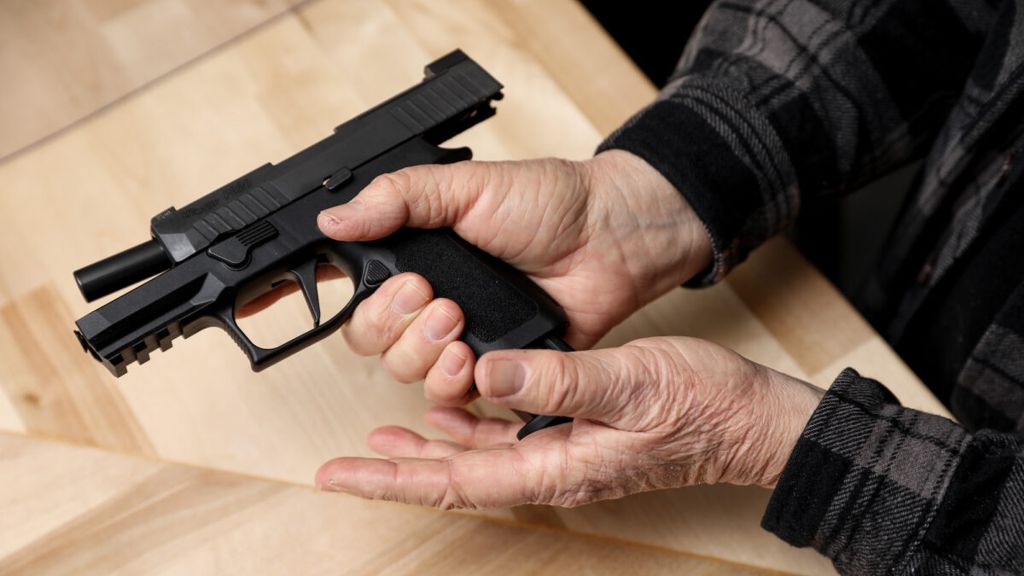Ban on carrying guns in public is unconstitutional, court rules.
Pennsylvania’s ban on adults under 21 carrying guns in public violates the U.S. Constitution, a federal court ruled on Jan. 18.
The Constitution’s Second Amendment, which says that “the people” have the right to “keep and bear arms,” applies to all adults, a U.S. Circuit Court of Appeals for the Third Circuit panel said in a split decision.
“The words ’the people’ in the Second Amendment presumptively encompass all adult Americans, including 18- to-20-year-olds, and we are aware of no founding-era law that supports disarming people in that age group,” U.S. Circuit Judge Kent Jordan wrote for the majority.
In a 2022 U.S. Supreme Court decision, the nation’s top court found that gun restrictions must be “consistent with this nation’s historical tradition of firearm regulation.”
Pennsylvania law bars carrying guns in a concealed manner in public without a license. People under 21 cannot apply for a permit.
While most Pennsylvania adults are typically allowed to carry guns openly in public, only those who met certain criteria, such as having a license, were able to do so legally once a state of emergency was declared for the COVID-19 pandemic.
Those restrictions violated the constitutional rights of adults under 21, plaintiffs argued in a lawsuit filed in 2020.
U.S. District Judge William Stickman IV ruled against them in 2021. He said that per guidelines outlined in a 2008 Supreme Court decision, the restrictions were “longstanding” and “presumptively lawful” and thus fell “outside the scope of the Second Amendment.”
The Firearms Policy Coalition and the other plaintiffs appealed, arguing the ruling was wrong. When the Supreme Court issued its 2022 ruling, the plaintiffs notified the appeals court. The 2022 ruling established that the right of adults to carry guns in public “is squarely protected by the Second Amendment” and Pennsylvania “has not carried its burden in proving that the State’s restrictions as to 18-to-20-year-olds are analogous to any historical restrictions,” the plaintiffs said.
Pennsylvania officials argued that the regulations still fell outside the scope of the Constitution, in part because adults aged 18 to 20 are not part of “the people” and should not be struck down.
Judge Jordan, in the new ruling, said that’s not true.







